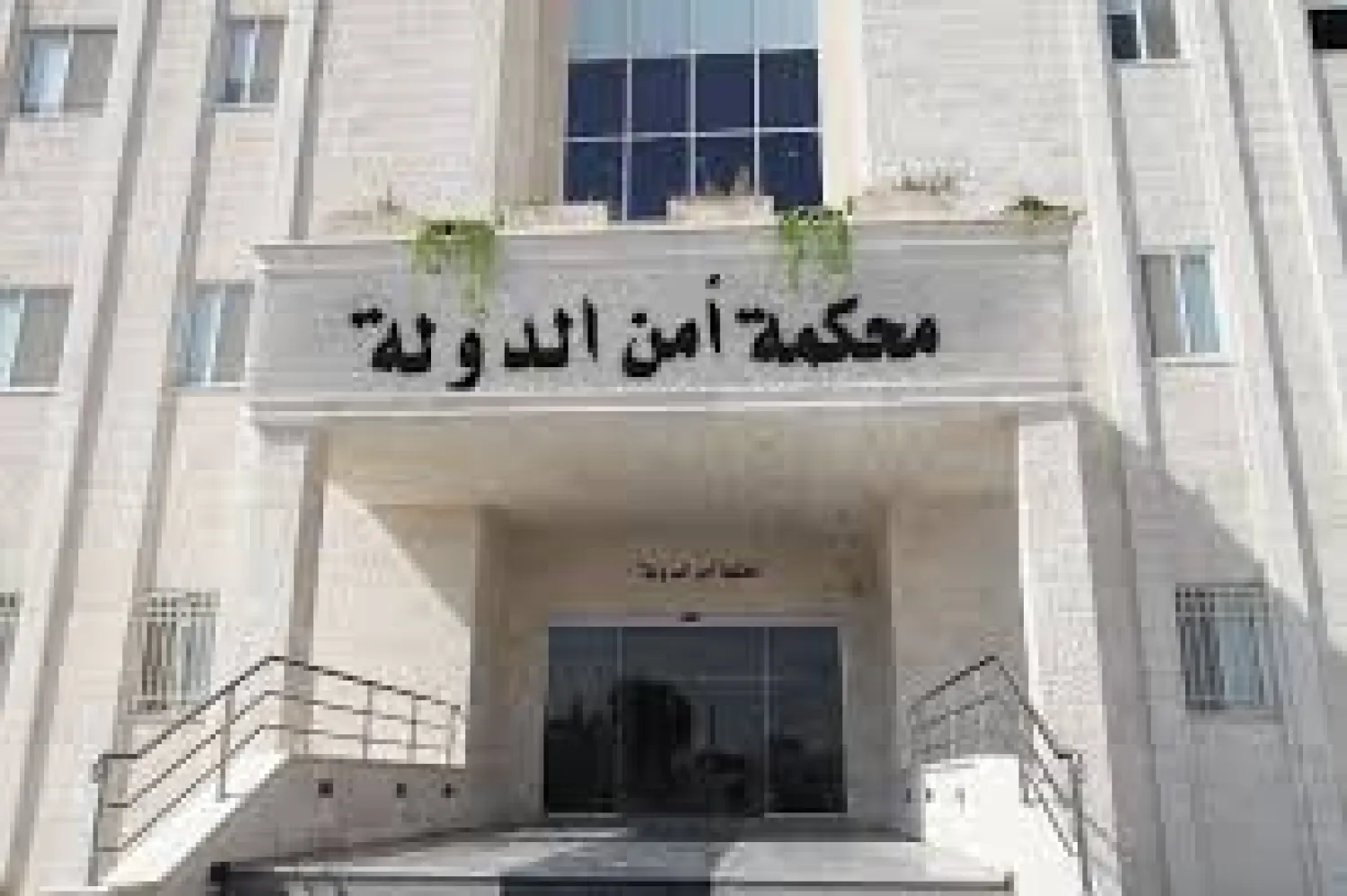Jordan's State Security Court issued on Wednesday 16 verdicts on terrorism cases in which the defendants planned to target national security, security headquarters, army barracks, a number of strategic government sites and a number of foreign embassies.
Some of the accused were convicted of belonging to ISIS, promoting its ideology and attempting to join terrorist groups.
In its verdicts, which were issued under the chairmanship of its State Security Court President Colonel Mohammed al-Afif and membership of the civilian judges Ahmed al-Qatarneh and Dr. Nasser al-Salamat, the court explained that the defendants were members of terrorist organizations and that most of them belong to ISIS.
The verdicts ranged from 15 years imprisonment (maximum) to two and a half years of imprisonment, while there are some convicts who were acquitted.
The court convicted two of the accused with possession and manufacture of explosives for the purpose of illegal use and ordered the imprisonment of one of them for 15 years and the other for 10 years.
According to the indictment, the first suspect was wanted in several cases and classified as "very dangerous". He disappeared in a non-populated area and was possessing explosive devices he has manufactured already to attack security men when they try to arrest him.
The defendant was able to manufacture 18 explosive devices with the help of the second defendant. While driving a stolen pickup truck carrying 10 explosive devices, one of which was within his reach, security officers apprehended him, arrested him, seized the devices and eight others from his house.
The court also sentenced the accused to 15 years in prison and three others to five years each.
The main suspect planned to attack security guards of a foreign embassy in Amman and carry out an "incursion operation" by stabbing the security men with a large knife.
The indictment said that the accused worked as a butcher, and he brought the knife before the operation to his home and wrote a will to his parents asking them to smile when receiving his corps because he called himself a "martyr". However, the suspect was arrested before carrying out the operation, and the knife and the will were seized from inside his house.









